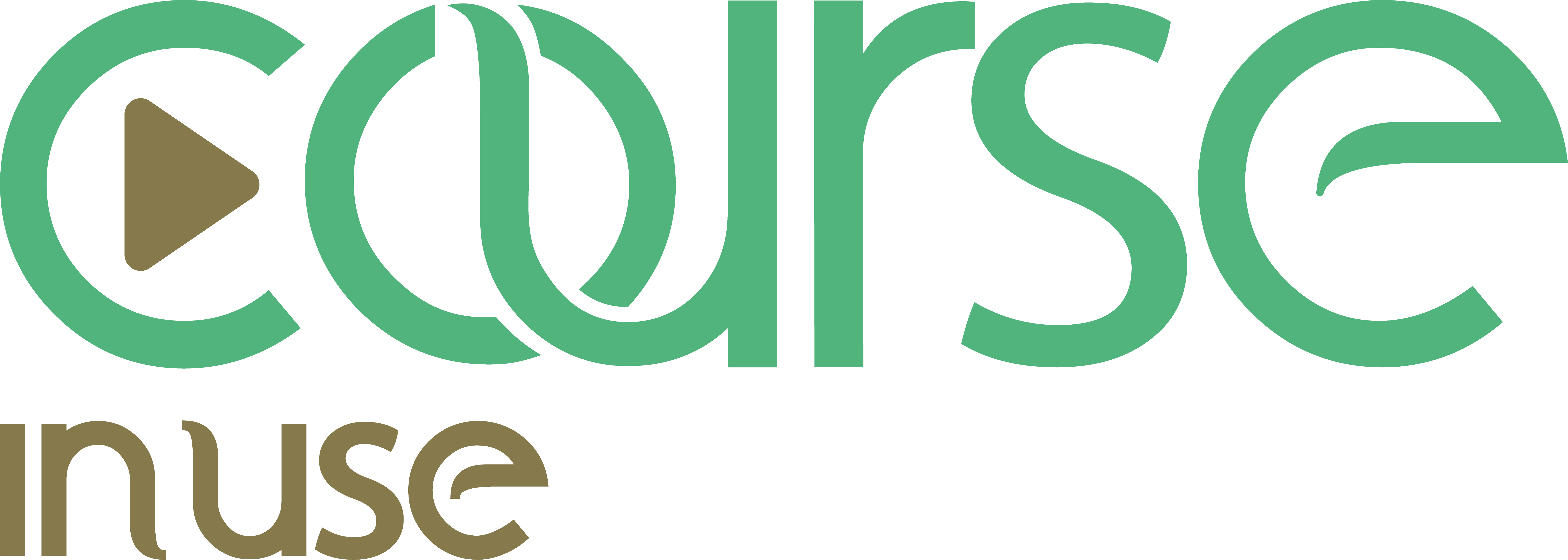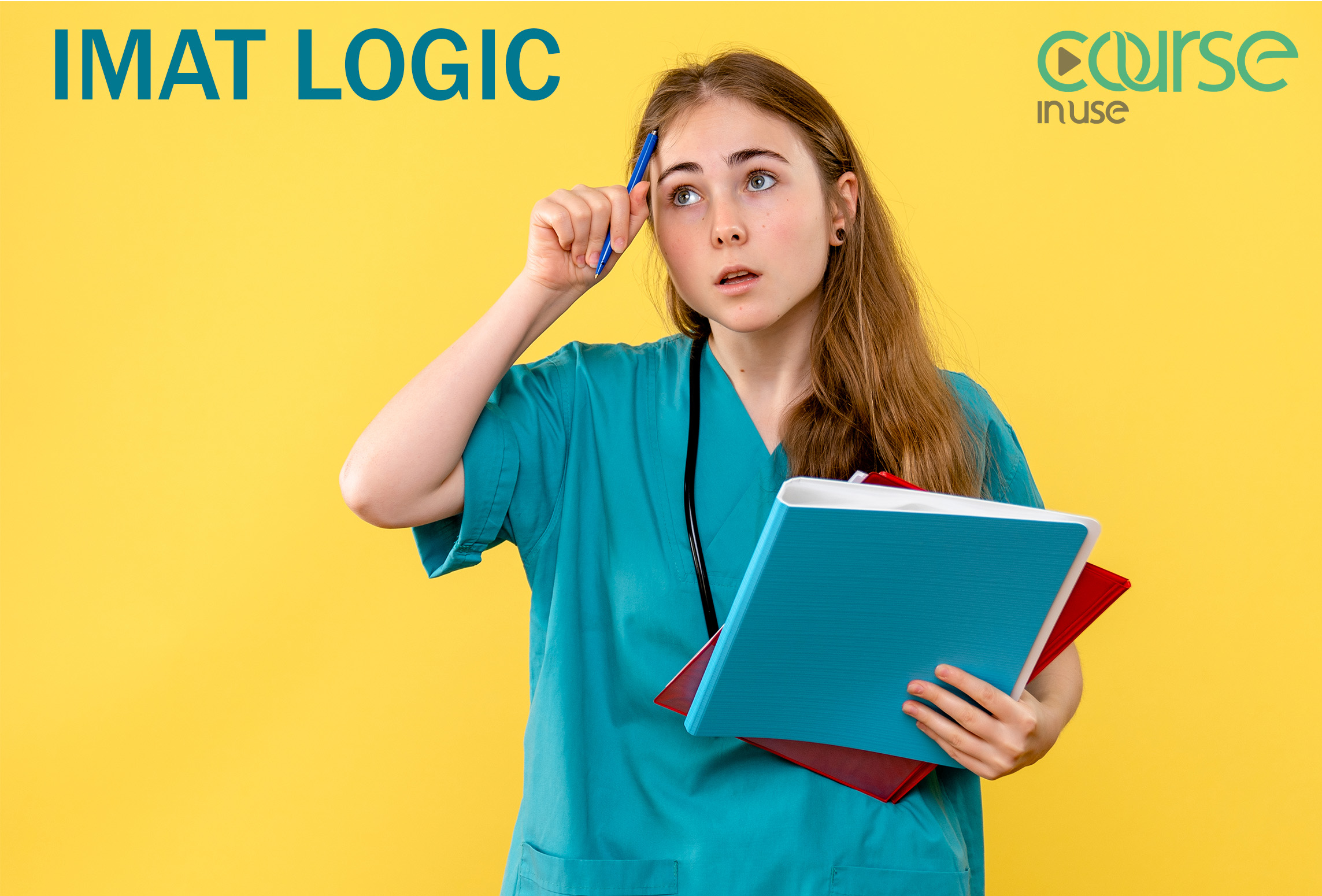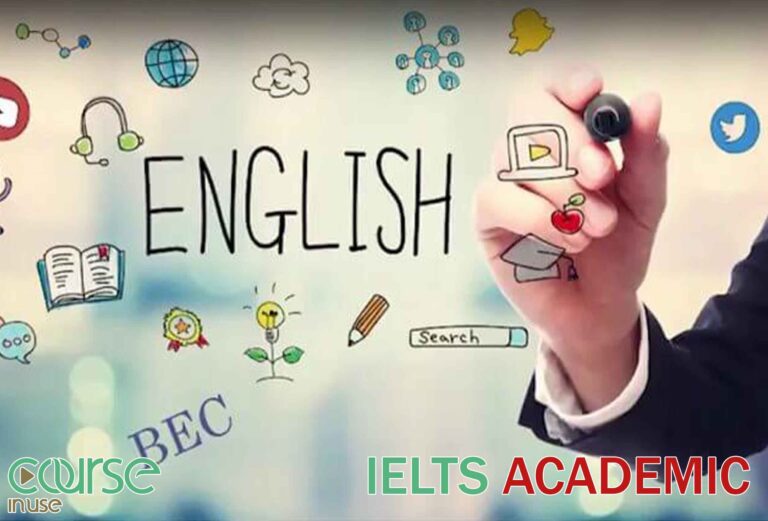The Significance of Logic in the IMAT Exam: An In-Depth Analysis
The International Medical Admissions Test or IMAT exam is a pivotal examination for prospective medical students, evaluating various intellectual skills essential for success in the medical field. Among these, the logic section holds considerable importance. This segment of the exam assesses candidates’ capacity for logical reasoning and problem-solving—skills that are indispensable for medical professionals who must navigate complex clinical scenarios and make well-informed decisions.
The Critical Role of the Logic Section
1. Critical Thinking Skills: The logic section plays a crucial role in assessing candidates’ ability to engage in critical thinking. This involves evaluating arguments, identifying underlying assumptions, and scrutinizing the validity of conclusions. Proficiency in these areas is vital for making reasoned and unbiased decisions in medical practice.
2. Problem-Solving Abilities: The logic section often includes problem-solving tasks that require systematic and methodical approaches. This aspect is particularly relevant in medicine, where diagnosing and treating patients frequently involves complex problem-solving skills.
3. Readiness for Medical Education: Excelling in the logic section is indicative of a candidate’s readiness for the demanding analytical tasks they will encounter throughout their medical studies. Strong logical reasoning is foundational to understanding and applying medical knowledge effectively.
Detailed Examination of Logic Topics
The logic section typically encompasses the following areas:
1. Critical Thinking: This includes evaluating the strength of arguments, identifying logical fallacies, and assessing the coherence of reasoning. Mastery of these skills ensures that candidates can navigate and interpret complex information with precision.
2. Problem Solving: This involves applying logical principles to both numerical and non-numerical problems. Effective problem-solving requires the ability to dissect issues, apply relevant theories, and derive accurate solutions.
3. Deductive and Inductive Reasoning: Deductive reasoning requires deriving specific conclusions from general premises, while inductive reasoning involves making generalized conclusions based on specific observations. Proficiency in both forms of reasoning is essential for scientific analysis and medical diagnostics.
Strategies for Achieving Success in IMAT logic section
1. Regular Practice: Engage consistently with practice questions and logical puzzles to refine problem-solving skills and familiarize yourself with the exam format. This approach enhances both speed and accuracy.
2. Conceptual Understanding: Focus on grasping core concepts in logic, including common logical fallacies, argument structures, and reasoning techniques. A deep understanding of these principles will facilitate more effective problem-solving.
3. Effective Time Management: Develop and implement strategies to manage your time efficiently during the exam. Prioritize questions based on difficulty and ensure adequate time for each section to maximize overall performance.
4. Utilization of Educational Resources: Leverage high-quality textbooks and online resources that provide comprehensive explanations and practice questions related to logic. These resources can significantly bolster your preparation efforts.
Recommended Resources for logic section
1. Thinking Skills: Critical Thinking and Problem Solving” by Cambridge: This definitive textbook offers an extensive overview of critical thinking and problem-solving. It includes up-to-date content, and practice exercises, and is designed to build a solid foundation in logical reasoning.
2. The Ultimate IMAT Collection” by UniAdmissions: This resource provides a thorough compilation of IMAT-related content, including previous exam questions and strategic insights. It is authored by experts in the field and is tailored to support comprehensive exam preparation.
Preparation Courses and Mock Exams
Intensive IMAT Course: The Course In Use offers a highly specialized IMAT preparation course, that adheres to international standards. This course includes 470 hours of comprehensive training and 200 hours of intensive sessions, covering all exam subjects in English, including biology, chemistry, mathematics, physics, logic, and general knowledge. Additionally, it provides IELTS preparation to ensure thorough readiness.
IMAT Mock Exams: The comprehensive online IMAT course offered by Course In Use includes practice exams and preparatory sessions. These mock exams are designed to help candidates acclimate to exam conditions and refine their performance strategies. By employing these strategies and utilizing recommended resources, candidates can enhance their logical reasoning skills and improve their chances of success in the IMAT exam.




